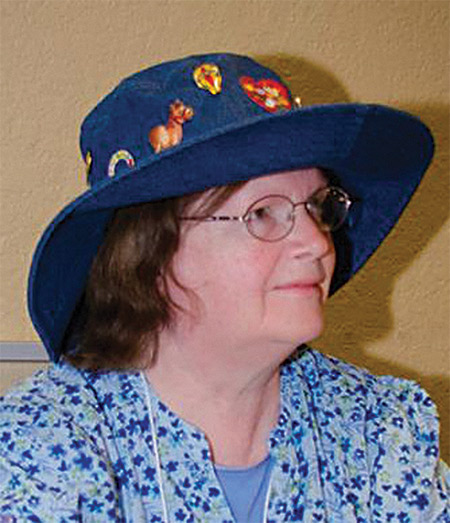 Having become e a professional fiction writer after graduation, I have an intimate perspective on how drastically the field has changed. Back then, I wrote novels by scribbling in notebooks and prepared final drafts on a typewriter, using two carbons. The process took years.
Having become e a professional fiction writer after graduation, I have an intimate perspective on how drastically the field has changed. Back then, I wrote novels by scribbling in notebooks and prepared final drafts on a typewriter, using two carbons. The process took years.
The gatekeepers of publishing were strict. Rejection slips papered every aspiring writer’s office walls. Acceptance took seemingly forever, but self-publication (“vanity press”) was beneath the industry’s contempt and self-published books were not tolerated in respectable bookstores.
Even so, some bad books got published, but overall, a high standard was upheld. And as their works remained in print almost indefinitely, published authors wrote more and better books. Many aspired to greatness, a quality more often achieved by a lifetime’s labor than by a random strike of creative lightning.
But in the United States, conditions favoring quality fiction were struck down, when, in 1979, the Supreme Court agreed that the IRS could tax publishers on their inventory. After that, publishers could no longer afford to keep slowly selling books on their warehouse shelves, and new releases rarely saw a second printing—unless they sold phenomenally in their first six months on the market. Consequently, during the 1980s, many writers of midlist books (viable but not best sellers) found themselves out of work. Earning one’s living by writing became tremendously risky.
Soon, desktop publishing beckoned—fun and easy—while a new form of essay, the blog (web log), made it possible for anyone to spread words and ideas across the internet, without editorial review. Like television a generation earlier, the internet changed everyone’s lives, and like television, it offered tremendous potential for good—or harm. Television seemed to replace quality fiction in magazines, and now it seems the internet may well have the same effect on novels. New writers no longer pay their dues by learning their craft from editors; they electronically publish online. Self-publishing is no longer vanity press; it is the norm.
According to the populist message of today, any sort of selection process is elitist; everyone has the right to be published. But how is quality fiction to compete with vistas of free or low-cost verbiage? And how many Gettysburg graduates will ever again be able to make a living doing what they love best—if it happens to be fiction writing?
Nancy Springer ’70 is author of more than 50 novels in genres including mythic fantasy, magical realism, women’s contemporary fiction, and mystery. Upcoming feature films starring Millie Bobby Brown are based on Springer’s Enola Holmes mystery series. Writers and readers, what are your thoughts? Who is a writer? What is a book? Who is a publisher? What defines quality? Email alumnimagazine@gettysburg.edu to add to the conversation.